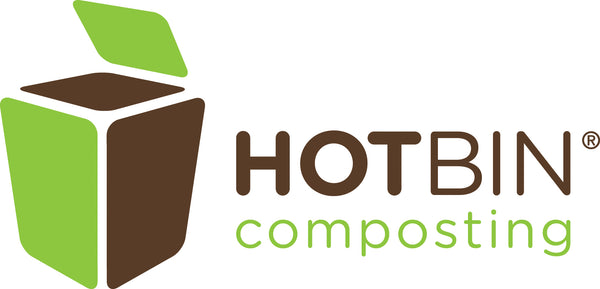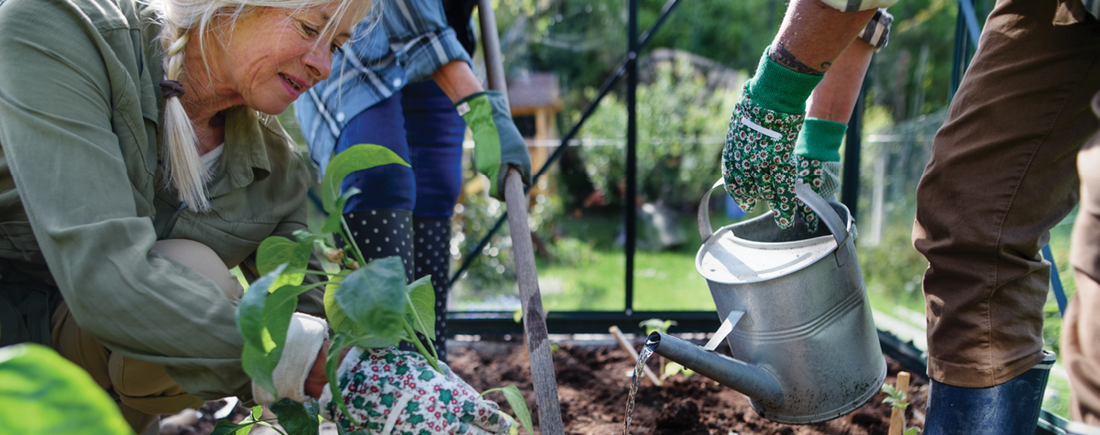Most senior living communities offer gardening clubs where members are involved in the art of gardening. Some of these clubs are now promoting community or backyard composting to improve the soil of their gardens.
Gardening is a great way to get and stay fit and in shape. Additionally, it builds strength and endurance, relieves stress, and can even help you keep your blood pressure in check!
Adding gardening and composting to sports and other social activities is ideal, as it involves social interaction and community involvement.
Even if you live in a retirement community and have a small apartment with little or no yard, you can still use a window or a small space to enjoy the fun of gardening and of composting with the right device.
Benefits of Organic Gardening
Organic food is expensive and with simple gardening techniques, the quality of life for residents can vastly improve. In addition, organic gardening cuts down on the food garbage system that can be easily recycled by composting.
Composting of all kitchen waste creates rich compost that improves gardening soil and eliminates the need for chemical fertilizers. Furthermore, by recycling kitchen waste we reduce food waste that would otherwise end up in our landfills and produce methane gas.
Finally… the act of growing our own organic food contributes to better physical and mental health. Happier residents are healthier residents! Gardening gives residents the chance to contribute to their small community.
Benefits of Community Gardens
Whereas having community gardens is possible, residents can have the opportunity to participate-taking surplus vegetables to donate to local charities or to sell at local farmer's market and the facility itself can profit. Extra funds can be used to create a resident's fund to use as they please (I.e., common entertainment areas with movies parties and more…). The possibilities are endless.
Lastly, we should not forget watching residents enjoy the fresh taste of their hand grown bounty.
Tips for Senior Gardeners
- Keep your garden manageable. In other words, keep it simple!
- Remember that the goal is to gain the benefits of gardening without making yourself vulnerable to accident or injury.
- Try container gardening and avoid large or heavy crops that you will have to eventually harvest. Planting in pots can make gardening possible, easier, and convenient.
- Garden smart by using the right tools.
- If possible, use a cart to help you carry your tools around.
- Grow up, not out. Use trellises, poles and fencing when possible. This will help you keep your garden small and easy to maintain.
- Accept help and let others help you with difficult or tough tasks.
- Take frequent rest breaks and —if possible— add a bench(es). Sitting on a bench offer a nice relief from your labor, and allows you to take in the sights and smells of your garden!
Home and Community Composting for Seniors
There is a growing interest in home and community composting that applies to senior living communities. As a result, some senior community leaders are already taking up the charge and developing composting programs for their residents. Today there is a variety of home and community composting devices that can make recycling food waste simple, clean, and convenient.
Ready to add a composting program in your community or start composting at home? Contact us at hotbincomposting-us.com to learn how we support backyard and community composting.

